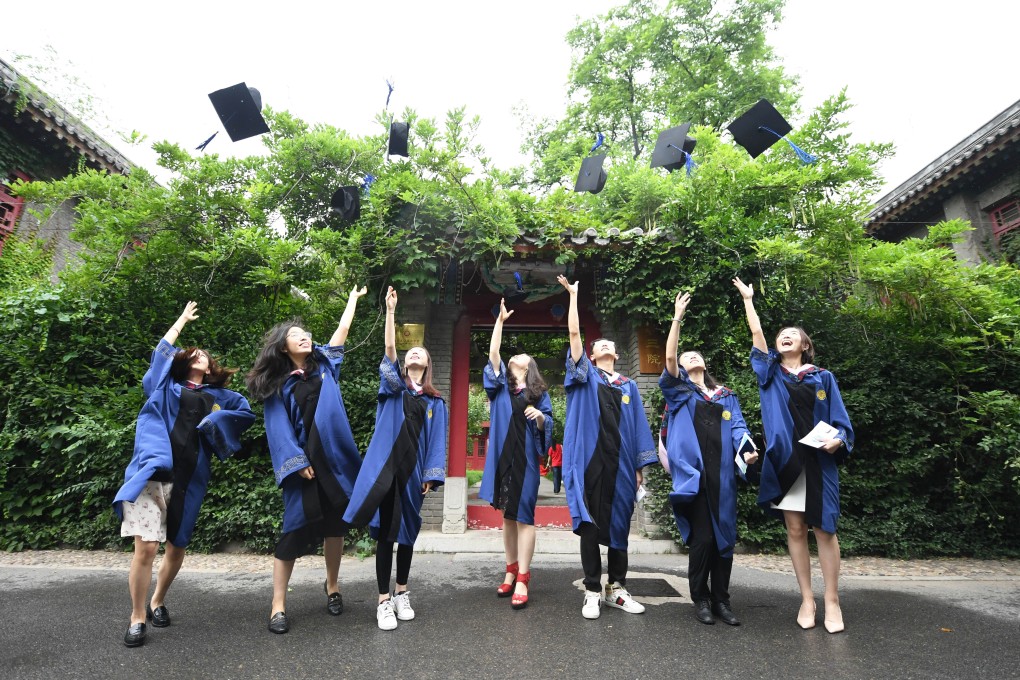Advertisement
Opinion | Why cultural decoupling from China and barring Chinese students will hurt the US more
- Instead of advancing US objectives by promoting American values, the Trump administration is playing into the hands of Beijing
- The US will miss out on contributions from Chinese students and China will benefit from the reverse brain drain
Reading Time:3 minutes
Why you can trust SCMP

Decoupling is central to the geopolitical duel between the United States and China. Conceived and promoted by hawks in US President Donald Trump’s administration, this strategy has now become America’s principal tool to weaken Chinese power.
Advertisement
The first act of decoupling – the US-China trade war that began in 2018 – has substantially reduced bilateral trade. A similar process is now in full swing in the technology sector, with the US pursuing an unrelenting campaign against Chinese tech giants such as Huawei and ByteDance (the owner of the popular video app TikTok).
With the Trump administration threatening to have Chinese firms delisted from US stock exchanges if they fail to give US auditors access to their audit records in China, financial decoupling has begun as well.
Although it remains to be seen whether economic decoupling will succeed in containing China, the strategic logic at least sounds compelling. Because China benefits from its economic ties with the US, severing them will inevitably weaken Chinese growth.
Unfortunately, US China hawks are not content to stop there, but also want to cut America’s cultural and educational ties with China – as their recent actions show. Earlier this year, pressure from Republican lawmakers forced the Peace Corps, which has sent more than 1,300 Americans to China since 1993, to terminate its programme in the country.
Advertisement
And in July, Trump suspended America’s Fulbright programme in mainland China and Hong Kong as part of a package of US sanctions in response to the Chinese government’s security crackdown on the city.

Advertisement
